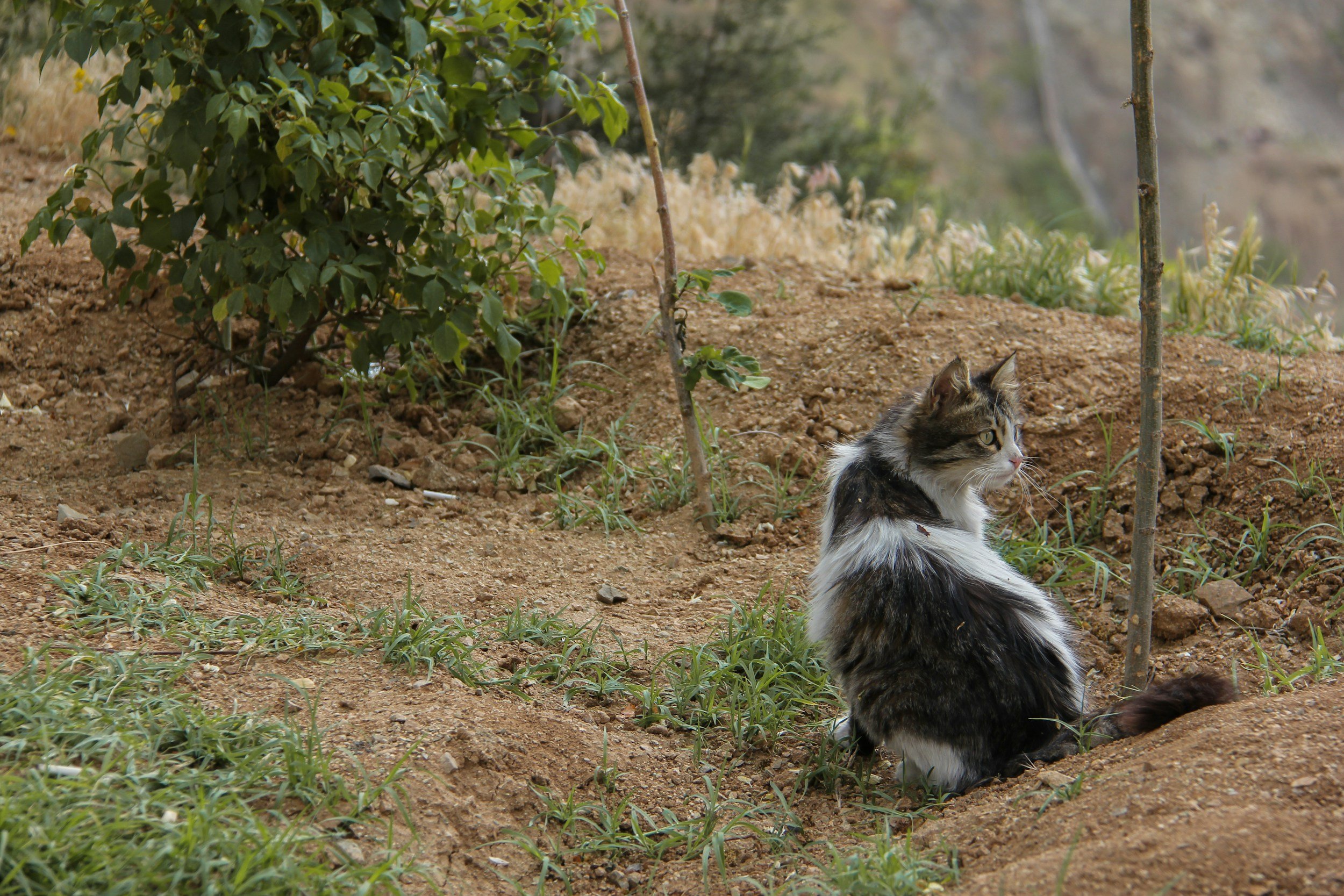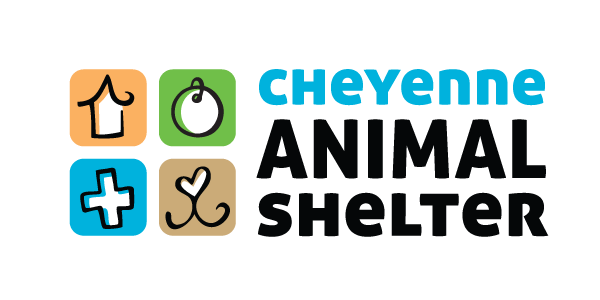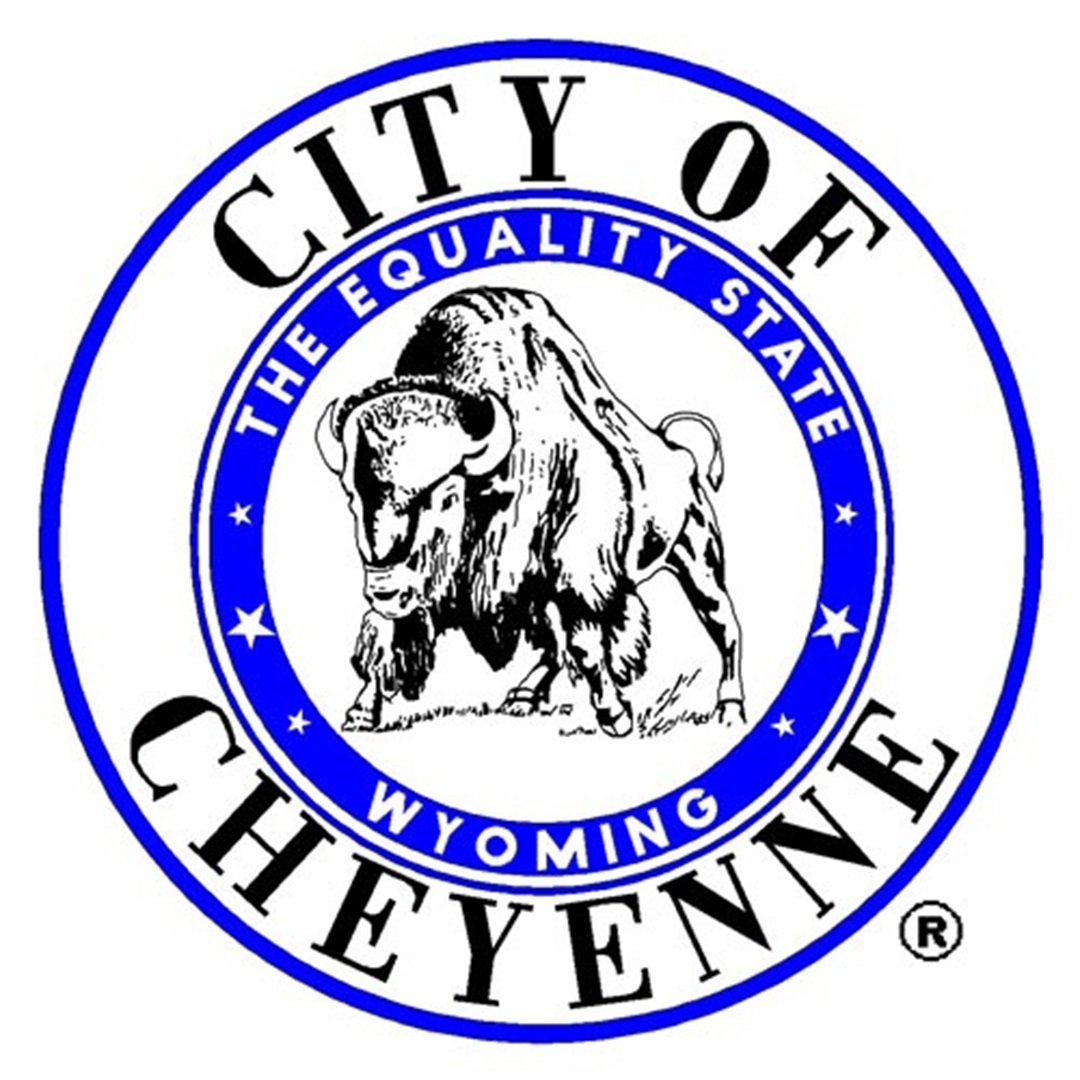
Community Cats
Community Cat Program (CCP)
The vision of the Cheyenne Animal Shelter’s Community Cat Program is to provide low-cost or free spay/neuter procedures and vaccine services for community cats, influence and revise public policy in support of community cat population dynamics, educate the public, and disseminate resources for individuals interested in becoming community cat caretakers or who are interested in the Trap-Neuter-Release process.
The Community Cat Program currently allows community members to schedule low-cost spay and neuter services for outdoor cats that have been trapped. You can schedule your own appointment by clicking the button below! For any questions or concerns, please give the Shelter a call at (307)632-6655.
Please review the following prices for our Community Cat Program services:
Spay/Neuter, Rabies Vaccine, and FVRCP (Feline Distemperment Vaccine): $65.00
FIV/FELV Test: $30.00
Microchip: $40.00
What is a Community Cat?
A community cat is a free-range, loosely owned cat that spends most of its time outside. Other terms that you may have heard that fall under the umbrella of the community cat definition include stray cat, feral cat, outdoor cat, barn cat, alley cat, or street cat. Community cats can be adults or kittens, healthy or sick, neutered or unneutered, and may or may not be friendly to humans. Community cats that are not socialized to people have typically lived their entire lives outside and can live full and healthy lives with other felines in a colony.
What Do I Do if I Find a Cat Outside?
Did you know that most pet cats that go missing don’t stray far from home? A 2007 study by the American Veterinary Medical Association found that more than 70% of cats are found in their neighborhood or return home on their own, and only 7% are found through a call or visit to the shelter. This is echoed by a 2018 study that found that 75% of cats are found within a 500-meter radius of their home location.
When you see a healthy cat walking around outside, we encourage you to leave them alone.
What is Trap-Neuter-Return (TNR)?
The Trap-Neuter-Return process involves humanely trapping community cats, and bringing them to an animal shelter or veterinarian to be spayed/neutered, vaccinated, and ear-tipped before being returned to their outdoor home.
A clipped ear tip is a universally recognized symbol of a community cat who has been spayed or neutered. While the animal is under anesthesia for the procedure, a small portion of one of their ears is surgically removed. This is done because some community cats can be avoidant of humans, so a visual signal that can be seen from a distance prevents re-trapping, unnecessary surgery, and stress for the animal.
The City of Cheyenne recognizes TNR as "the only effective and humane method to manage and, over time, reduce the population of community cats." TNR is also endorsed by the American Society for the Prevention of Cruelty to Animals (ASPCA), the Humane Society of the United States (HSUS), and the Association of Shelter Veterinarians (ASV).
Are you interested in getting involved with TNR? Download this guide about TNR and Colony Care provided by Alley Cat Allies and the ASPCA. Please note that not all resources reflect the specific policies and procedures of the Cheyenne Animal Shelter.
Multiple organizations in Fort Collins can assist with TNR, such as Animal Friends Alliance or Northern Colorado Friends of Ferals!
What is Return-to-Field (RTF)?
While we wish that every cat that is brought into our shelter can be adopted as a pet or a working cat, this is not always feasible. Community cats that are unsocialized and have lived their entire lives outside usually do not thrive in the shelter environment. Sometimes, the best option for stray cats that are brought into the shelter is to alter and ear-tip them and then return them to the area where they were found. This process is known as "return-to-field" and helps prevent overcrowding in shelters and frees up space to showcase adoptable cats.
TNR and RTF are great because we vaccinate! This helps prevent the spread of contagious diseases for felines in our communities. In the past, feline panleukopenia (FP) was a leading cause of death in cats. Today, it is an uncommon disease, due in large part to the availability and use of very effective vaccines. For more information on this disease, click here.
Do you have community cats in your garden? Try these humane ways to keep free-roaming felines out of your yard so they won’t dig up your flowers or use your landscape as a litter box!
Working Cat Program
The Cheyenne Animal Shelter looks to place as many pets as possible into the community, and so the Working Cat Program was developed so healthy and independent community cats that are unable to be returned to their previous home can be placed as working cats where they can deter pests in barns, warehouses, and businesses. These cats are altered, vaccinated, ear-tipped, and have reduced or waived adoption fees.
If you are interested in adopting a working cat (or two), check out the available cats here, or stop by to visit! "Working Cat" will be part of the name of any cats available for this program.
Not seeing any available working cats? Give us a call at 307-632-6655 to learn about cats that will soon be available.
Click here for more information about how to acclimate your working cat to your property and ensure they adjust to the new environment.
Policy Advocacy
The Cheyenne Animal Shelter is collaborating with the City of Cheyenne to update public policy to support community cat population dynamics.
Laws and ordinances developed by local governments across the country usually do not take the nuance of humane community cat management into account, and the Cheyenne Animal Shelter is committed to supporting community cats and colony caretakers by suggesting revisions to the Title 6 policy.
There are several main revisions the shelter highlights as critical aspects of community cat management:
Community cats that are returned to a location within one-half mile of their original home location after a spay or neuter procedure or a rabies vaccination are not considered abandoned animals. In almost every state, abandonment of an animal is considered animal cruelty and is punishable by law. These policies limit cat caretakers and individuals involved with TNR. Revising this law still allows for the enforcement of true abandonment of animals while allowing community cats to return to the homes they have thrived in all their lives.
An individual who is a community cat caretaker is defined as a person who, in accordance with a good-faith effort to conduct Trap-Neuter-Return, provides care. This care includes providing food, shelter, or medical care to a community cat. However, community cat caregivers are not the owner, harborer, controller, or keeper of a community cat. Many ordinances across the country incorrectly apply the ownership label to community cat caretakers, who do not maintain or create the overpopulation of community cats. These individuals who are trying to provide care to community cats should not be imposed with fines or fees in the same manner that an owner would.
Ownership encompasses two or more of the following:
Documentation accompanying a current and valid rabies vaccination certificate
Veterinary records
A registered microchip
A purchase or adoption contract and/or receipt
Current photos of the animal with the purported owner
A collar or harness with affixed identifying information linking a person to the animal wearing the collar or harness
To follow what Cheyenne City Council is up to, click here.




